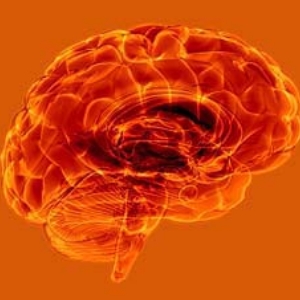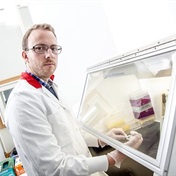
A flawed gene implicated in Parkinson's disease lets proteins build up dangerously in key brain cells, according to a study on Sunday that throws open new paths for tackling the tragic disorder.
Parkinson's patients suffer from progressive stiffness, slowing of movement and problems in coordination resulting from the loss of nerve cells that make a muscle-controlling chemical, dopamine.
A hallmark of the disease is the presence of so-called Lewy bodies, an accumulation of toxic proteins in these vital cells.
But how the proteins - the byproducts of normal cellular processes - are allowed to pile up within the cell, eventually killing it, has remained unclear.
How the study was done
Researchers at the Einstein College of Medicine in New York took a close look at a gene that controls a dogsbody molecule called leucine-rich repeat kinase-2, or LRRK2.
A flawed version of the LRRK2 gene has already been fingered, along with other genetic culprits, as being among the inherited causes of Parkinson's.
Delving into this association, the team discovered that a faulty LRRK2 gene turns out an abnormal protein that blocks the task of clearing out the junked-up cell.
Finding in the study
"Our study found that abnormal forms of LRRK2 protein disrupt an important garbage-disposal process in cells that normally digests and recycles unwanted proteins," said Ana Maria Cuervo, a professor of developmental and molecular biology.
One of the big pieces of junk is alpha-synuclein, which "accumulates to toxic levels in nerve cells" when LRRK2 prevents a cleanup, she said.
The investigators, publishing in the journal Nature Neuroscience, tested the theory on tissue from lab mice; on brain cells taken from Parkinson's patients who have the LRRK2 mutation; and on brain cells that had been reprogrammed from skin cells taken from other individuals with Parkinson's.
One option now is to look for drugs that sidestep the LRRK2's brake on cellular clearout, the paper said.
"We are now looking at ways to enhance the activity of this recycling system to see if we can prevent or delay neuronal death and disease," Cuervo said in a press release.
"We've started to analyse some chemical compounds that look very promising."




 Publications
Publications
 Partners
Partners















